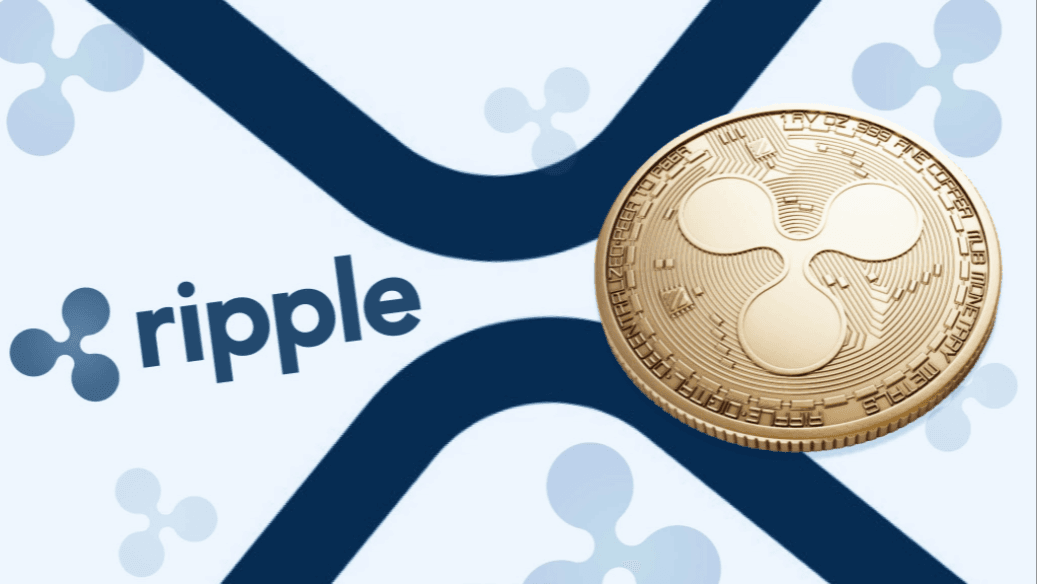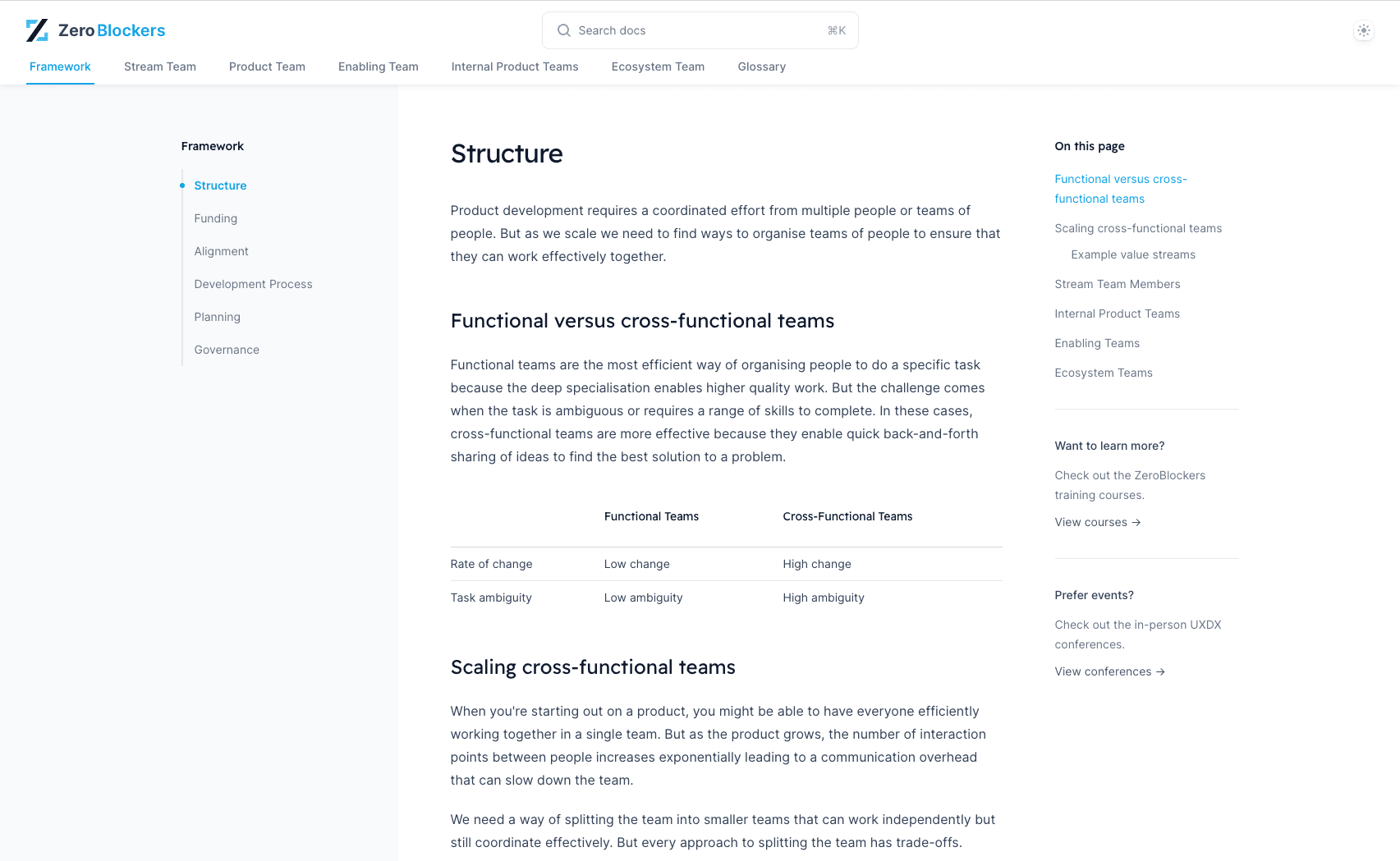Case StudyStream Team: Generating Solutions - Innovative Solution Generation: Think Bigger, Fail Quickly
Ripple faced challenges in efficiently generating and implementing innovative solutions. The traditional methods were slow, and teams often struggled to align on the most effective solutions for identified opportunities. The lack of a structured process for ideation and prototyping hindered the company's ability to quickly test and iterate on new ideas, leading to prolonged development cycles and delayed market responses.

The Solution
Ripple decided to overhaul its approach to ideation and prototyping by adopting a structured process aimed at thinking bigger and failing quickly. This approach involved several key steps:
- Defining Clear Objectives: The team started by clearly defining the objectives and desired outcomes for each project. This ensured alignment and focus across all stakeholders.
- Diverse Ideation Sessions: Ripple organized ideation sessions that included team members from various disciplines. This diversity in thought helped generate a wide range of ideas and perspectives.
- Rapid Prototyping: The team emphasized the creation of rapid, low-fidelity prototypes. These prototypes were developed quickly to test core concepts without significant resource investment.
- Iterative Testing and Feedback: Each prototype underwent iterative testing, with feedback being gathered from both internal stakeholders and potential end-users. This allowed for continuous improvement and refinement of ideas.
- Embracing Failure: Ripple fostered a culture where failure was seen as a learning opportunity. Teams were encouraged to take risks and learn from unsuccessful attempts to inform future iterations.
- Documentation and Knowledge Sharing: All findings, successful or not, were documented and shared across the organization. This helped in building a repository of knowledge that could be leveraged for future projects.
Outcomes achieved
The structured approach to ideation and prototyping led to significant improvements for Ripple:
- Increased Innovation: The diverse ideation sessions and rapid prototyping led to a significant increase in innovative solutions. Teams felt empowered to think outside the box and explore unconventional ideas.
- Faster Time-to-Market: By failing quickly and iterating often, Ripple was able to reduce the time taken from concept to market-ready product. This agility allowed them to respond more effectively to market demands and competitive pressures.
- Enhanced Collaboration: The process fostered better collaboration across different disciplines. The shared understanding and collective problem-solving efforts resulted in more cohesive and robust solutions.
- Learning Culture: Embracing failure as a learning tool created a culture of continuous improvement. Teams became more resilient and adaptable, constantly refining their approaches based on feedback and past experiences.
- Documentation and Reusability: The practice of documenting all outcomes ensured that valuable insights were not lost. Future projects could leverage this repository, reducing redundancy and accelerating development cycles.
